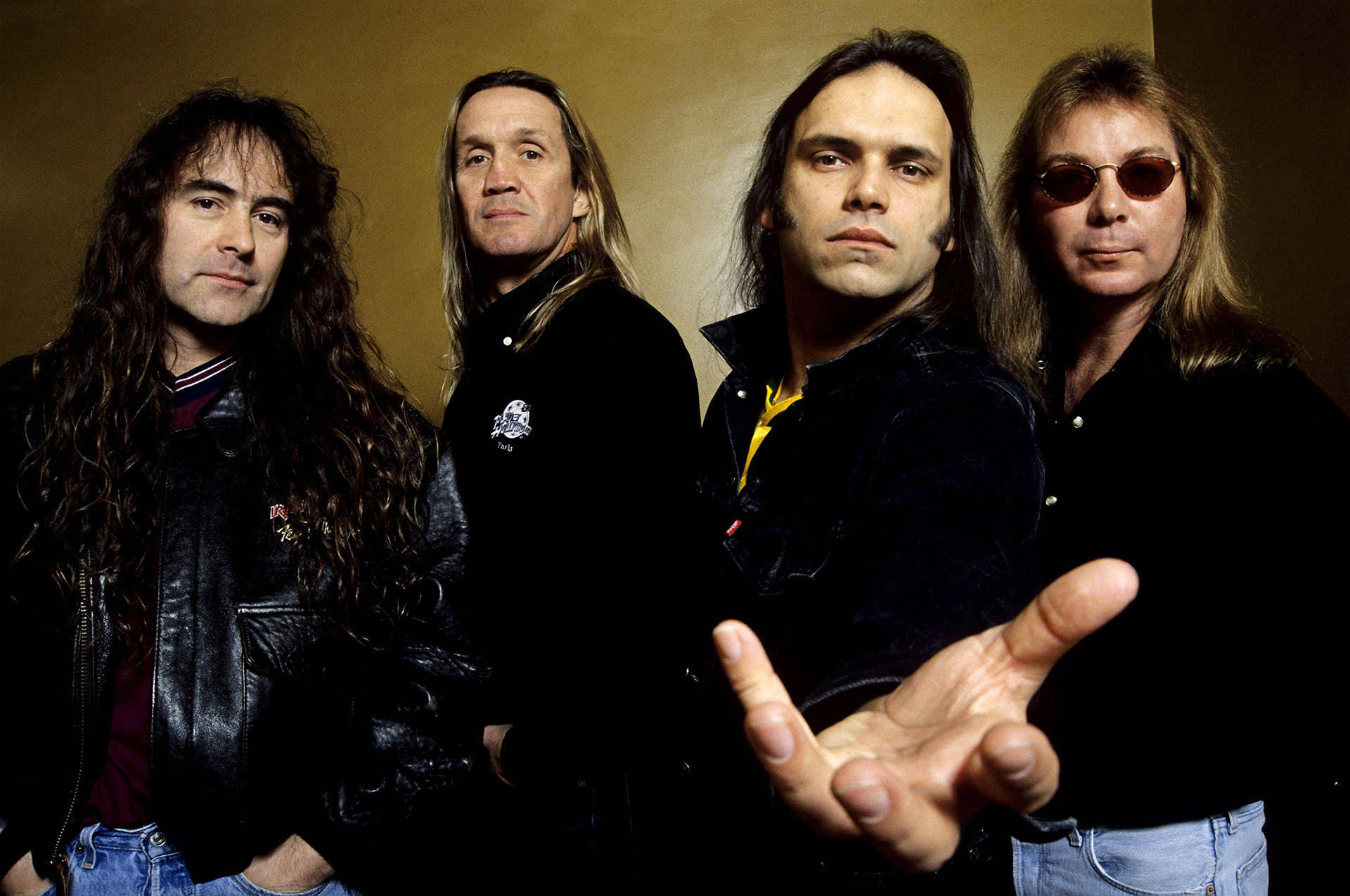Reassessing the Raw Artistry of Iron Maiden's Overlooked Albums
Explore the authentic and raw artistry of Iron Maiden's "The X Factor" and "Virtual XI" albums, often misunderstood yet rich in daring experimentation and bold exploration.

In the annals of heavy metal lore, Iron Maiden stands likened to mythic giants. Yet, like any mythical journey, their path is not without shadows. Enter "The X Factor" and "Virtual XI," albums that dance precariously on the peripheries of Maiden’s discographic glory, scorned by critics and fans who were unprepared for the stylistic juncture they represented.

During an era that saw the temporary departure of the revered Bruce Dickinson, Blaze Bayley took up the vocal mantle, casting Maiden into a new and unexplored realm. As expected, the albums received a frosty reception, labelled as the proverbial black sheep within the Maiden family. Critics unsheathed their sharpest quills, and fans, perhaps a touch too comfortable in their expectations, recoiled at this audacious venture.
Yet, it is precisely this risk that bassist and founding member Steve Harris defends with a staunch passion. "We've never made a perfect album," he concedes, aligning himself with a notion that has become increasingly rare in today’s polished musical landscape: celebrating the imperfect art of daring to be different.

It's ironic in a way, as one might muse if the very critics who scowled at these albums did so under the glow of the band’s earlier successes, perhaps blinded to the authentic exploration "The X Factor" and "Virtual XI" bravely embarked on. One wonders if amidst the relentless pursuit of perfection, the raw marrow of risk and rebellion has been lost in translation.
Harris's defense is not a naive wish to rewrite the past but a clarion call to those who miss the rugged textures of authenticity embedded within these albums. Iron Maiden, if nothing else, remains an exemplar of resilience, and their decision to traverse uncharted soundscapes is a testament to the band's core philosophy—an allegiance not to commercial acclaim but to the sacred fire of artistic evolution.

In revisiting these oft-misunderstood works, listeners are invited to step beyond the veneer of perfection and engage with a soundscape that challenges, excites, and, most importantly, remains uncompromisingly real. For in every note of these albums lies a testament not just to Iron Maiden's journey but to the essence of heavy metal itself—a genre that thrives not on consensus but on chaos.
Thus, let us cast aside the superficial glow of polish for a moment and embrace the jagged edges of these albums. For within those imperfections resides a truth, unbridled and unapologetic, speaking to a world increasingly sanitized of its rebellious origins. And perhaps, therein lies Maiden's greatest triumph: not just in their well-trodden anthems but in their fearless embrace of the imperfect art of truly being themselves.




